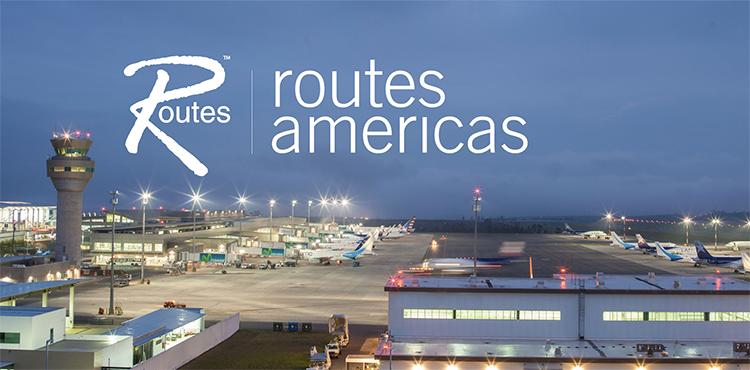QUITO INTERNATIONAL AIRPORT IMPLEMENTS A SUCCESSFUL ROUTE DEVELOPMENT STRATEGY

Corporación Quiport, the concessionaire responsible for the general management of the airport, constantly promotes joint work strategies with domestic and international airlines to increase connectivity. This makes Quito International Airport an attractive and safe place for operations, with high levels of service.
Corporación Quiport works non-stop to develop connectivity. This year at the Routes Americas 2020 held in Indianapolis, USA, Quiport’s Route Development team met with 22 airlines and airports to discuss and seek partnerships to bring new airlines to the Ecuadorian market and increase destinations and frequencies.
Mariscal Sucre International Airport is the main gateway that connects the city and Ecuador to the world. For several years, Corporación Quiport has implemented a route development strategy to attract more airlines to the country, under the premise that airlines are not just customers and users of the airport but are strategic partners for the growth of connectivity.
Quiport works with these companies on a continuous basis through direct conversations to attract new airlines to Quito and develop new routes or increase capacity and frequencies on existing routes. It is also responsible for creating a positive ecosystem so that airlines can operate successfully at the airport.
Andrew O’Brian, President and CEO of Corporación Quiport, explains that participating in Routes Americas has special importance as it is the basis for the entire strategy to increase connectivity at Mariscal Sucre Airport. “Participating in Routes Americas allows us to follow up on conversations and negotiations with various airlines, but it is also an ideal opportunity to propose new direct flights and present airlines with studies and figures on their potential. During our meetings with the airports, we establish joint strategies and incentive packages for the airlines we want to open routes with”. He adds that 2019 was a year of record growth in connectivity at Quito Airport since it opened in 2013.
Quiport understands that the development of a new route and increases in frequencies and capacity require the airline to invest significant resources and to take on risks. With a flexible policy, the concessionaire seeks to share part of the risk of route development. This is why it works together with the Municipality of Quito and the central government, in conjunction with airlines, to develop incentive plans tailored to the needs of each airline.
Thanks to the work strategies with the airlines, today Quito International Airport is highly valued for creating a collaborative ecosystem which facilitates the development of airline operations. This is designed to serve both new companies starting up operations and those already operating in the city.
